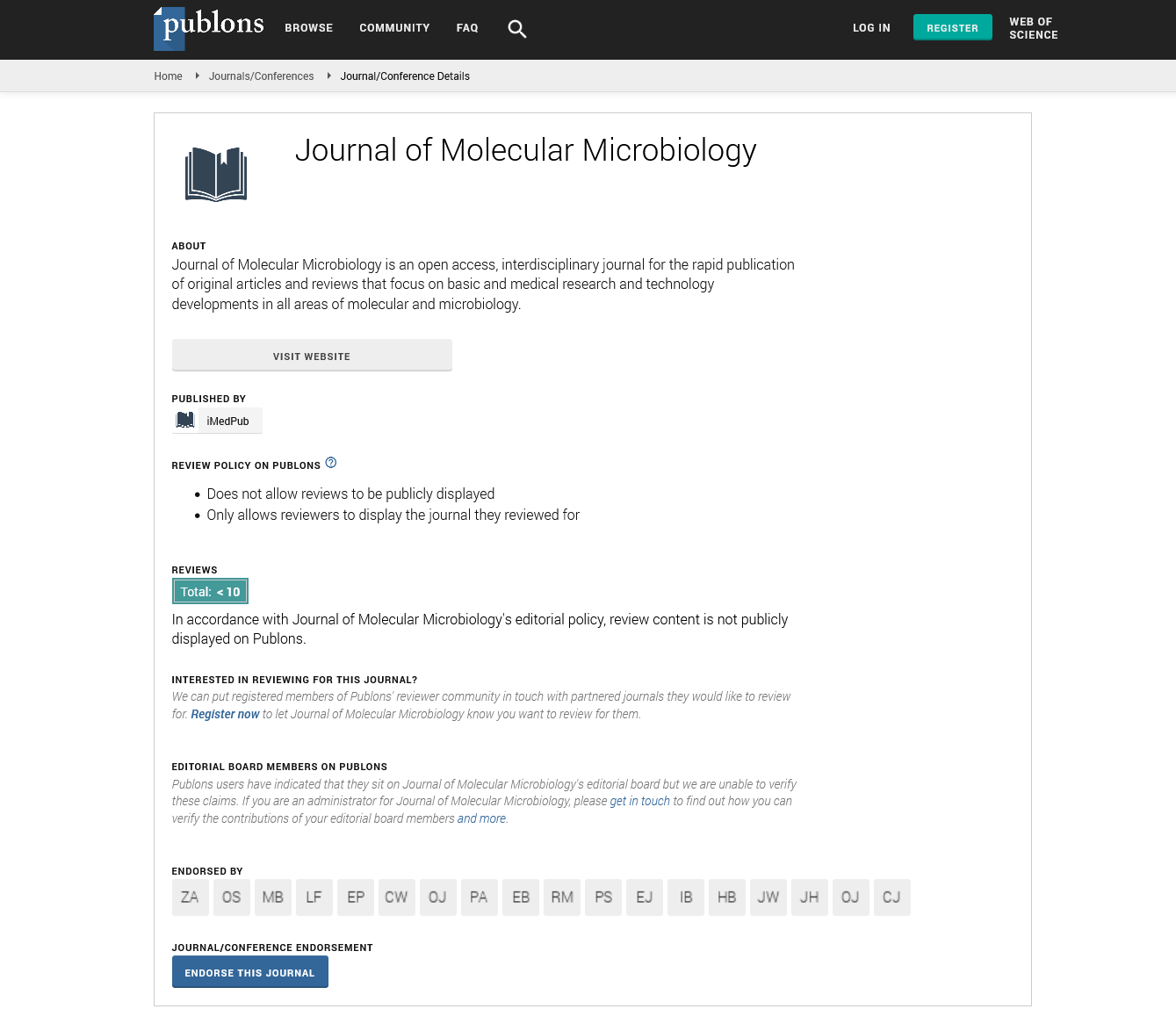Abstract
Proteome profiling in the vascular smooth muscle cell in response to bradykinin and leptin
Introduction:
Atherosclerosis is the leading cause of cardiovascular diseases and a worldwide health burden imposing a considerable health toll. Vascular fibrosis and inflammation in the vessel walls are among the risk factors of atherosclerosis development, characterized by vessel stiffness and subsequent loss of elasticity. Bradykinin (BK) and leptin have been previously shown to be involved in the development of atherosclerosis through their effect on vascular fibrosis and inflammation processes.
Aim:
In this study, we investigate the effect of BK and leptin on the global protein profile in vascular smooth muscle cell (VSMC), employing the LC-MS/ MS technique and systems biology analysis, to gain insight into the different pathways modified by BK and leptin, and the diseases and biological pathways they are involved in, and to search for a candidate molecule(s) that would serve as a biomarker for the progression of vascular injury.
Results:
In our study, we identified 1837 proteins in the control samples. Among these proteins, BK modified 70 (3.8%) and 120 (6.5%) proteins compared to controls after 24 and 48 hrs, respectively. BK induced the expression of the leptin receptor, TGFβ and COX1 in VSMC by promoting vascular fibrosis and inflammation. On the other hand, leptin modified 189 (10.2%) and 127 (6.5%) proteins compared to controls after 24 and 48 hrs, respectively. For instance, leptin induced the expression of collagen IV suggesting a role of leptin in the development of vascular fibrosis. Furthermore, leptin reduced cofilin expression, confirming the role of leptin in actin remodeling. Finally, pathway analyses indicated that the activation of MAPKs and AKT pathways to be a common mediator between BK and leptin signaling.
Conclusion(s):
BK stimulation showed a proteomic pattern favoring vascular fibrosis, inflammation and the involvement of
the leptin pathway. On the other hand, leptin stimulation induced ECM proteins and reduced actin remodeling
proteins. These findings point to a possible interaction between BK and leptin pathways in VSMC to promote vascular injury.
Author(s): Al Hariri
Abstract | PDF
Share This Article
Google Scholar citation report
Citations : 86
Journal of Molecular Microbiology received 86 citations as per Google Scholar report
Journal of Molecular Microbiology peer review process verified at publons
Abstracted/Indexed in
- Google Scholar
- Publons
Open Access Journals
- Aquaculture & Veterinary Science
- Chemistry & Chemical Sciences
- Clinical Sciences
- Engineering
- General Science
- Genetics & Molecular Biology
- Health Care & Nursing
- Immunology & Microbiology
- Materials Science
- Mathematics & Physics
- Medical Sciences
- Neurology & Psychiatry
- Oncology & Cancer Science
- Pharmaceutical Sciences
